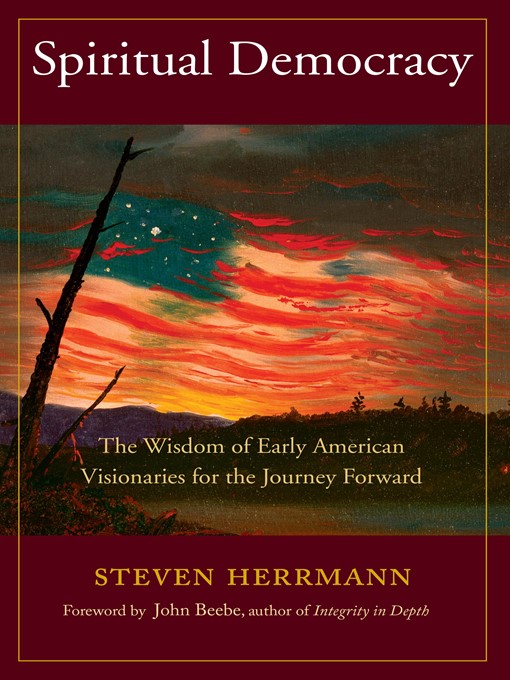- Available now
- New eBook additions
- New kids additions
- New teen additions
- Most popular
- Beloved: Celebrating the Work of Toni Morrison
- Where the Crawdads Sing Read Alikes
- Try something different
- See all
- Available now
- New audiobook additions
- New kids additions
- New teen additions
- Most popular
- Try something different
- See all

